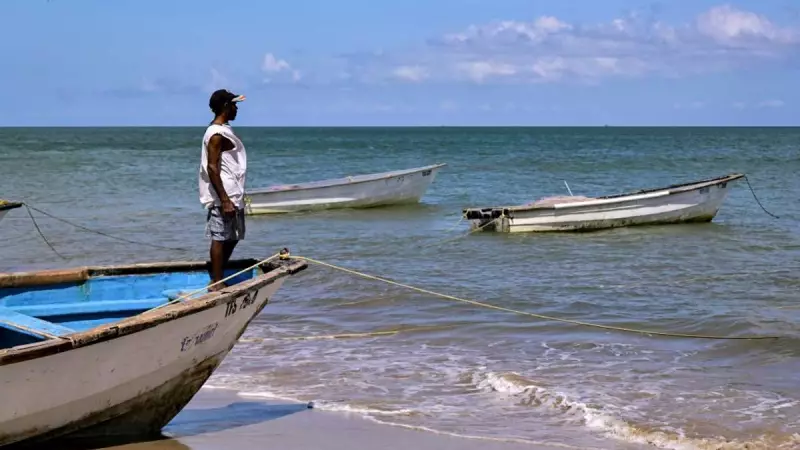
West African fishermen operating in Caribbean waters are facing increasing danger as tensions escalate between Venezuela and Trinidad and Tobago over disputed maritime territories. Recent incidents have left several Nigerian sailors stranded, detained, or robbed of their livelihoods.
The Dangerous Waters Between Nations
The narrow sea channel separating Venezuela from Trinidad has become a perilous zone for fishermen, particularly those of Nigerian origin who've built their careers in these waters. The unresolved border dispute means vessels can easily stray into contested territory with severe consequences.
"They took everything - our boat, our catch, our equipment," recounted one fisherman who spent weeks in Venezuelan detention. "We didn't even know we had crossed any border. The sea looks the same everywhere."
A Pattern of Detentions and Seizures
Multiple reports confirm a disturbing trend:
- Venezuelan naval forces regularly intercept fishing vessels
- Boats and equipment are confiscated without compensation
- Fishermen face extended detention in foreign jails
- Legal representation is often inaccessible to foreign sailors
The economic impact on affected families back in Nigeria has been devastating. Many fishermen support extended families through their maritime work, and sudden detention means complete loss of income.
Diplomatic Efforts and Community Response
Nigerian community leaders in Trinidad have been working tirelessly to assist detained compatriots. "We're dealing with complex international laws and strained bilateral relations," explained one community representative. "These fishermen are caught in the middle of a geopolitical struggle they don't understand."
The Nigerian High Commission has been notified of several cases, but resolution processes move slowly through diplomatic channels. Meanwhile, fishermen continue to risk their freedom and livelihoods.
Survival Strategies and Warnings
Experienced fishermen have developed strategies to navigate the dangerous waters:
- Strictly following established shipping lanes
- Using multiple GPS systems to track position
- Maintaining constant radio contact with other vessels
- Avoiding fishing near the disputed border entirely
Many are now questioning whether the potential catch is worth the risk of indefinite detention and asset loss. The community warns new arrivals about the dangers, but economic pressures continue to push fishermen into hazardous situations.
The Venezuela-Trinidad maritime border crisis represents yet another challenge for Nigerian fishermen seeking opportunities abroad, highlighting the need for better international protections and clearer maritime boundaries.





